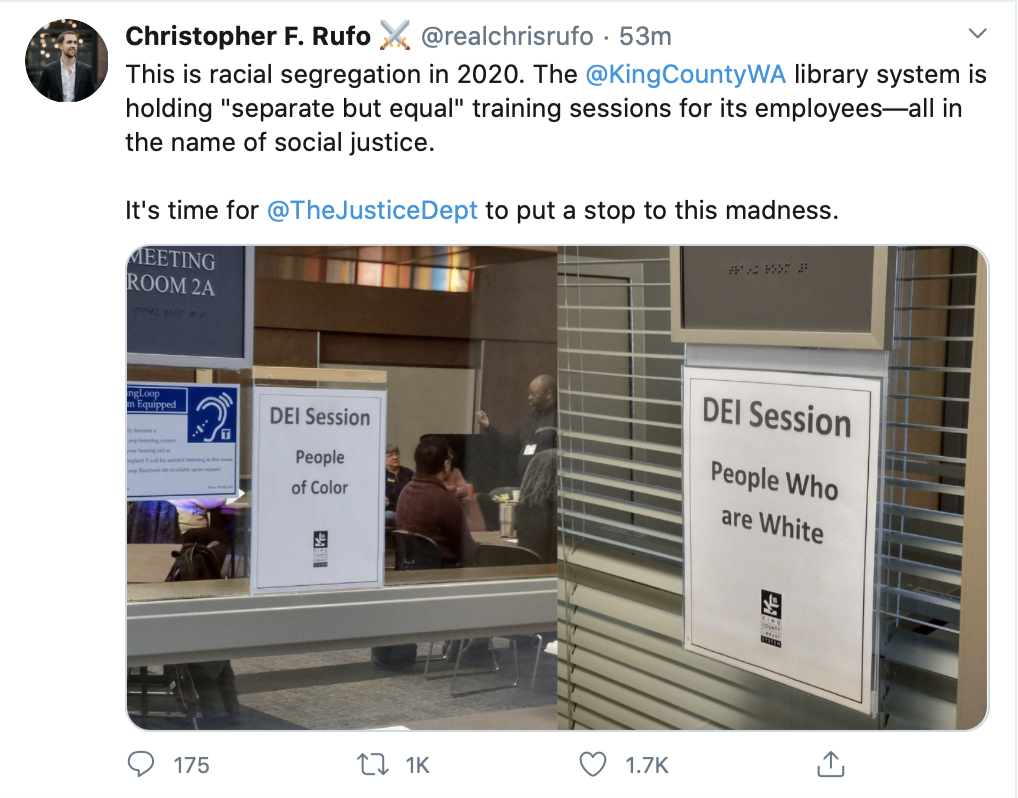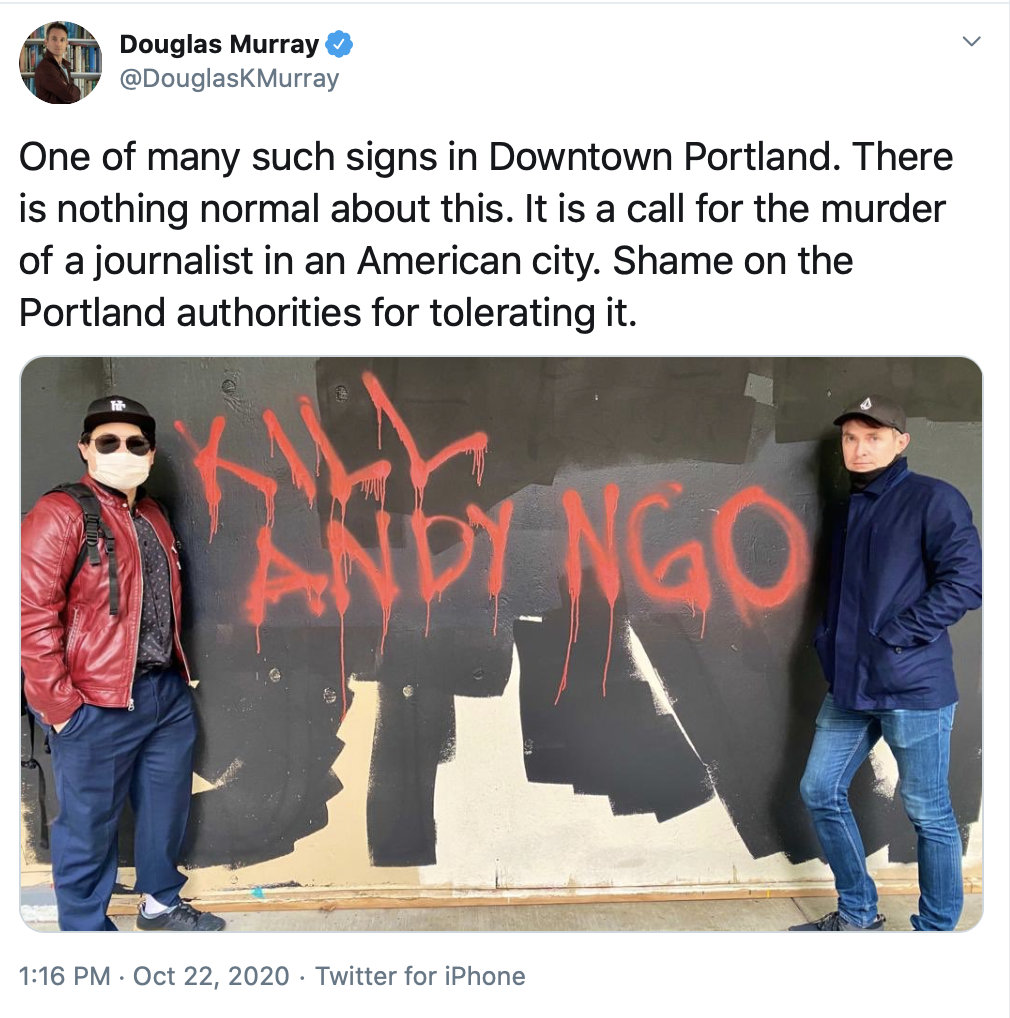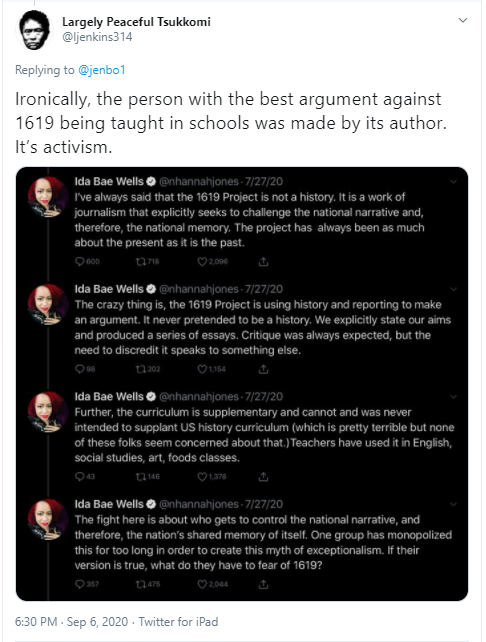Glenn Greenwald, Co-Founder of The Intercept, Resigns To Maintain Journalistic Integrity
I have been in the process of writing an article that I will title, "Everything Is Becoming Religion." This morning, while writing, I noticed that Glenn Greenwald has resigned from The Intercept, a news organization he co-founded. Here is an except from Greenwald's announcement:
The pathologies, illiberalism, and repressive mentality that led to the bizarre spectacle of my being censored by my own media outlet are ones that are by no means unique to The Intercept. These are the viruses that have contaminated virtually every mainstream center-left political organization, academic institution, and newsroom. I began writing about politics fifteen years ago with the goal of combatting media propaganda and repression, and — regardless of the risks involved — simply cannot accept any situation, no matter how secure or lucrative, that forces me to submit my journalism and right of free expression to its suffocating constraints and dogmatic dictates.
Greenwald's resignation comes on the heels of his riveting three-hour conversation with Joe Rogan earlier this week. During that discussion, Greenwald (and Rogan) aimed Greenwald's criticisms at our most prominent legacy media outlets across the entire political spectrum. And now our social media overlords are actively getting into the game. Three hours is a lot of time, but I would urge you to watch every minute of this. It would be a small investment, given that this discussion offers an accurate diagnosis of America's Dys-information Pandemic and some moral clarity about what needs to happen going forward.
Our prominent legacy news outlets have become sad jokes with regard to many critical national issues. Our "news" is now pre-filtered to protect us from basic facts and it treats thinking as though it is a team sport, much like the dogma people are offered in churches. It treats us like we are babies, as though we aren't able to think for ourselves. Our prominent legacy media outlets have so thoroughly choked off meaningful non-partisan information and discussion that this has ripped open up a dangerous information chasm---many of us now inhabit only one of two mostly non-overlapping factual worlds. This has, in turn, led to two exceedingly disappointing choices for President of this Duopoly. If I needed to hire an employee for any type of job in any business, I would never hire either of these candidates and neither would you. But this is where we are, unable to talk with one another about this sad situation with nuance. In fact, too many of us have been convinced that we should hate each other for having differing opinions, even when we are mostly "on the same side of the aisle."
Somehow, there are many Americans who are still convinced that they can uncritically sit back and "turn on the news." What they will actually be exposed to, for the most part, is reporters who are afraid to ask the same basic questions on the job that they actually and instinctively do ask each other in private. Instead of informing us with a wide range of facts and opinions, they are driven to please their bosses and audience. This is not news. This is Not-News. This parallels the deep dysfunction driven by social media, an issue address in the excellent new documentary, "The Social Dilemma."
We now have a News-Industrial Complex that is driven by money and ideology instead of integrity and courage to engage with inconvenient facts. This system is designed to please you, to give you more of what your intuitive side, your System 1, craves. Once you have this epiphany about what is really going on, you will no longer be able to stop seeing it. If you continue watching the "news," you will increasingly think, "Garbage in, Garbage out." It will increasingly realize that prominent legacy news outlets are fucking with our brains to make money and steer elections. Once you have this epiphany, you will experience a greatly heightened annoyance at what passes for "news" Once a critical mass of people have this epiphany, this will be our first step in a long slow recovery.




